寻找适合你的 英语 教师…
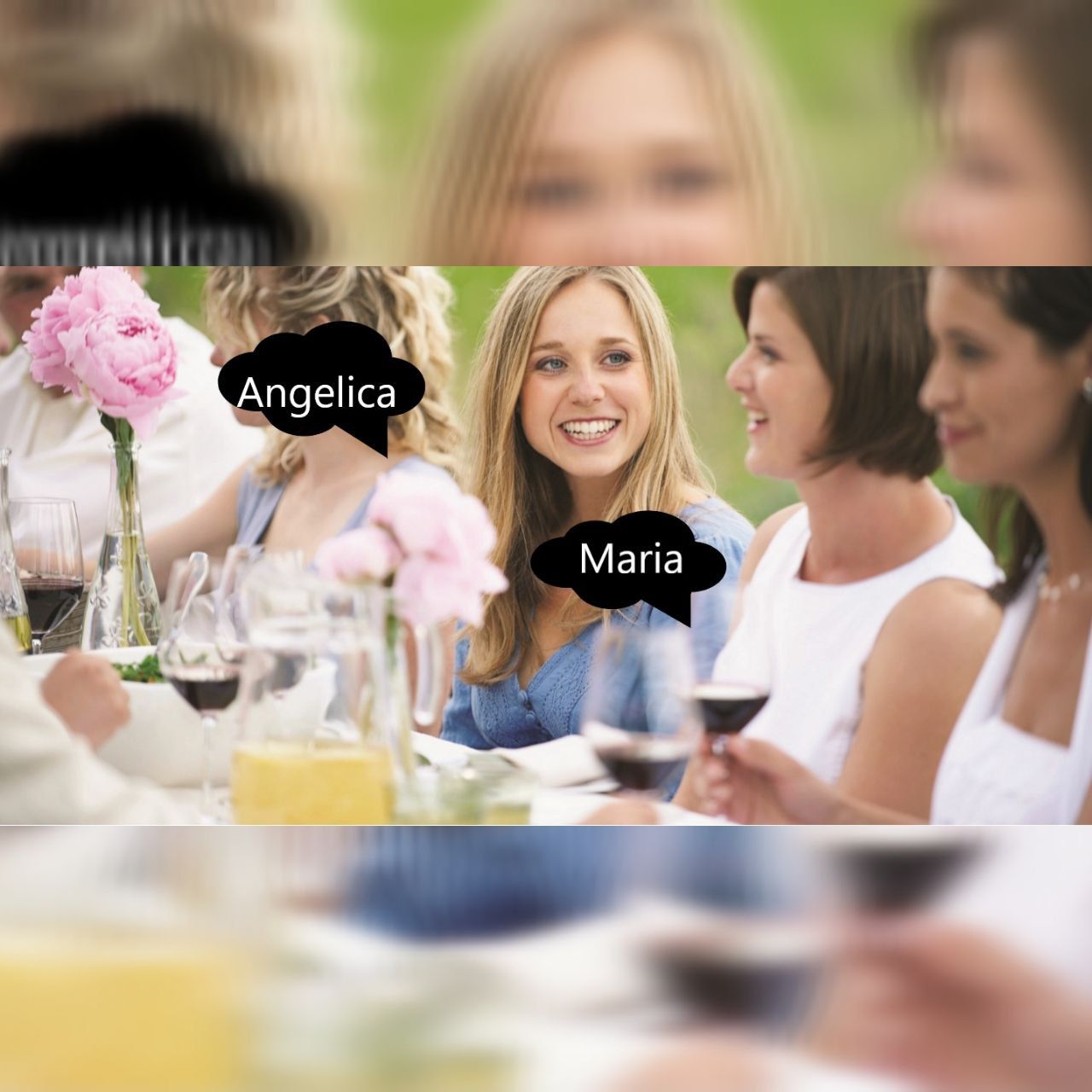
Day 29: Weddings
描述
ANGELICA: Doesn’t the bride look beautiful in that wedding dress?
MARIA: Yes. She looks amazing. And the groom is so romantic.
I just heard the story of how they got engaged! He
proposed to her during a candlelight dinner in London.
Did you know that was where they went to school?
ANGELICA: Oh? Wonderful. And the honeymoon! What a great
idea! Most people just go to the beach for a week
after they tie the knot. But they plan on heading to
California and cruising the coast on their motorcycle.
MARIA: Really! What a fantastic idea. This is by far the best
wedding I’ve ever been to
LANGUAGE NOTES
• Doesn’t …? When you have a negative question, the expected answer is “yes.” As
such, it expresses the exact opposite of what is being conveyed (i.e., the bride DOES
look absolutely beautiful).
• Listen to the stress on honeymoon. There are three syllables in “honeymoon,” with the
stress on the first syllable [HO-ney-moon]. This content word is culturally important, so
it’s emphasized: It means a trip or vacation taken by a newly married couple.
• Tie the knot is an informal way of saying “get married.”
• Can you find and explain the two usages of just in this dialogue? “Just” is an adverb
that can be used in two different ways:
a) To indicate a very recent past (I just heard the story). When used to convey
time, “just” is commonly used with a simple past verb because the action is
complete. Sometimes it can also be used with the present perfect (He’s just
finished writing a book).
b) To indicate contrast or emphasis (Most people just go to the beach). In that
case, “just” can be replaced by “simply” and emphasize the word it relates to
(a verb, adjective or other adverb) by denoting contrast. Compare the following
sentences: “They just got married yesterday” (adverb of time). “The wedding
reception was just wonderful” (adverb of emphasis).
播客频道
English Conversation practice (30-day challenge)
播客创作者
所有播客集
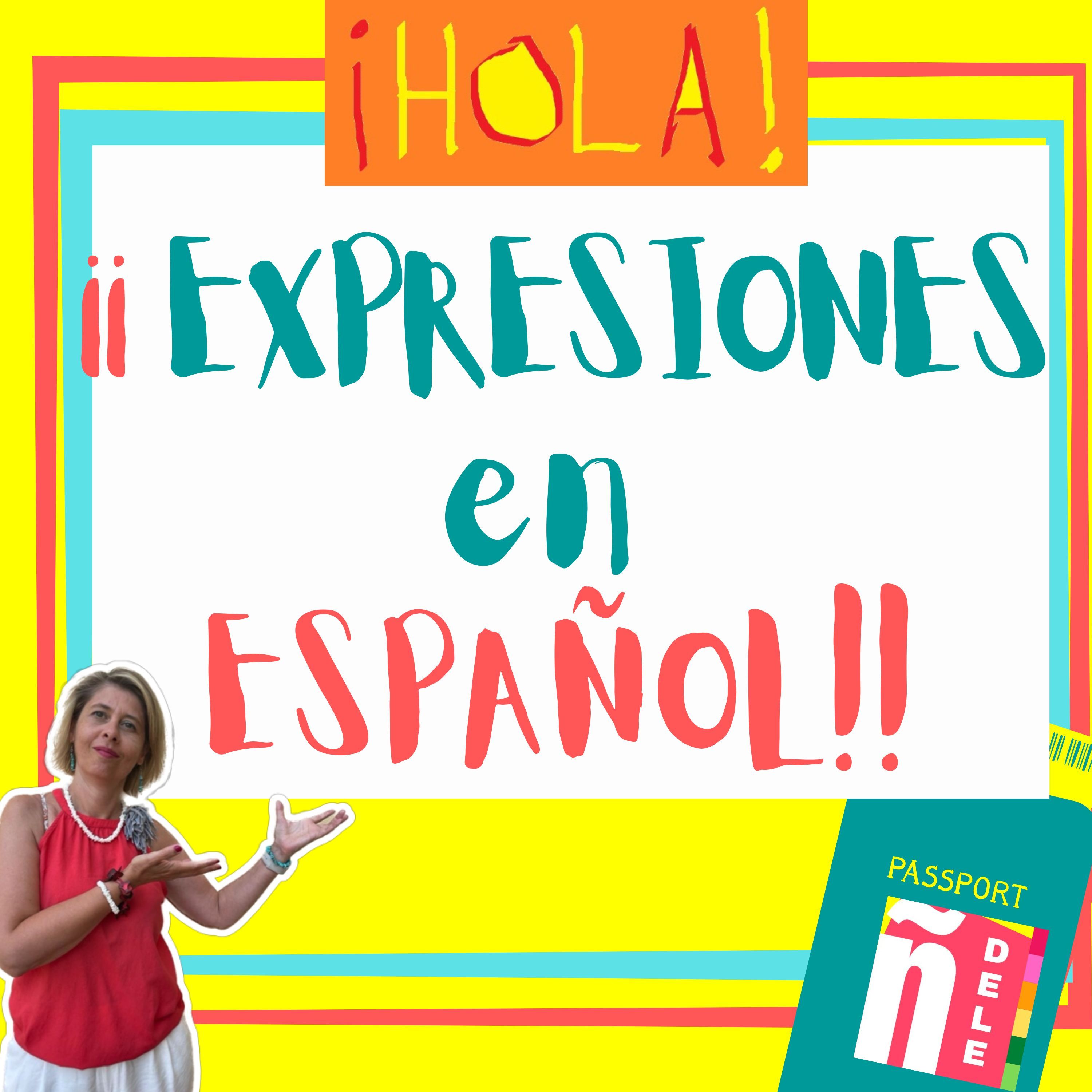
Expresión PONER NOMBRE
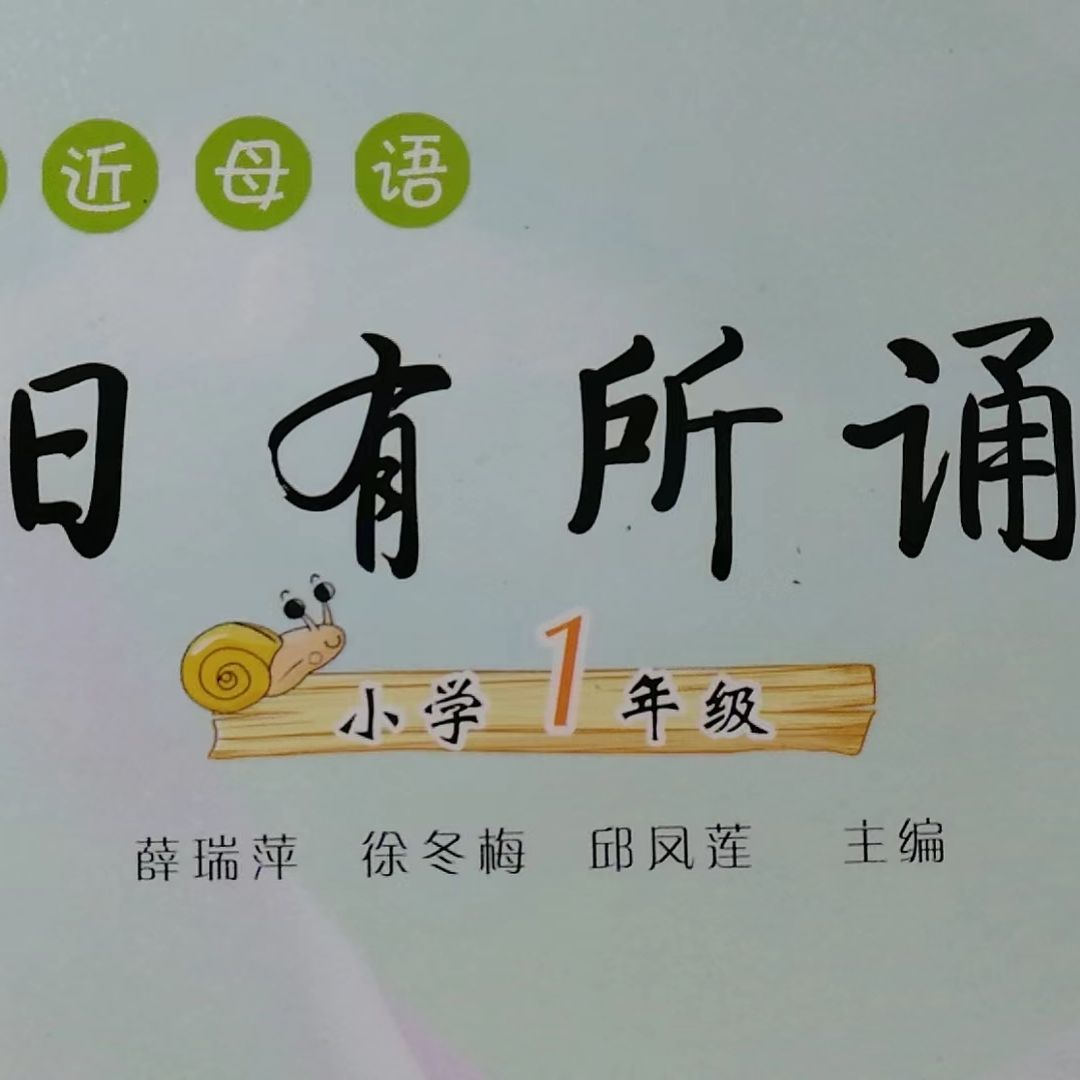
有条“蚯蚓”真可笑
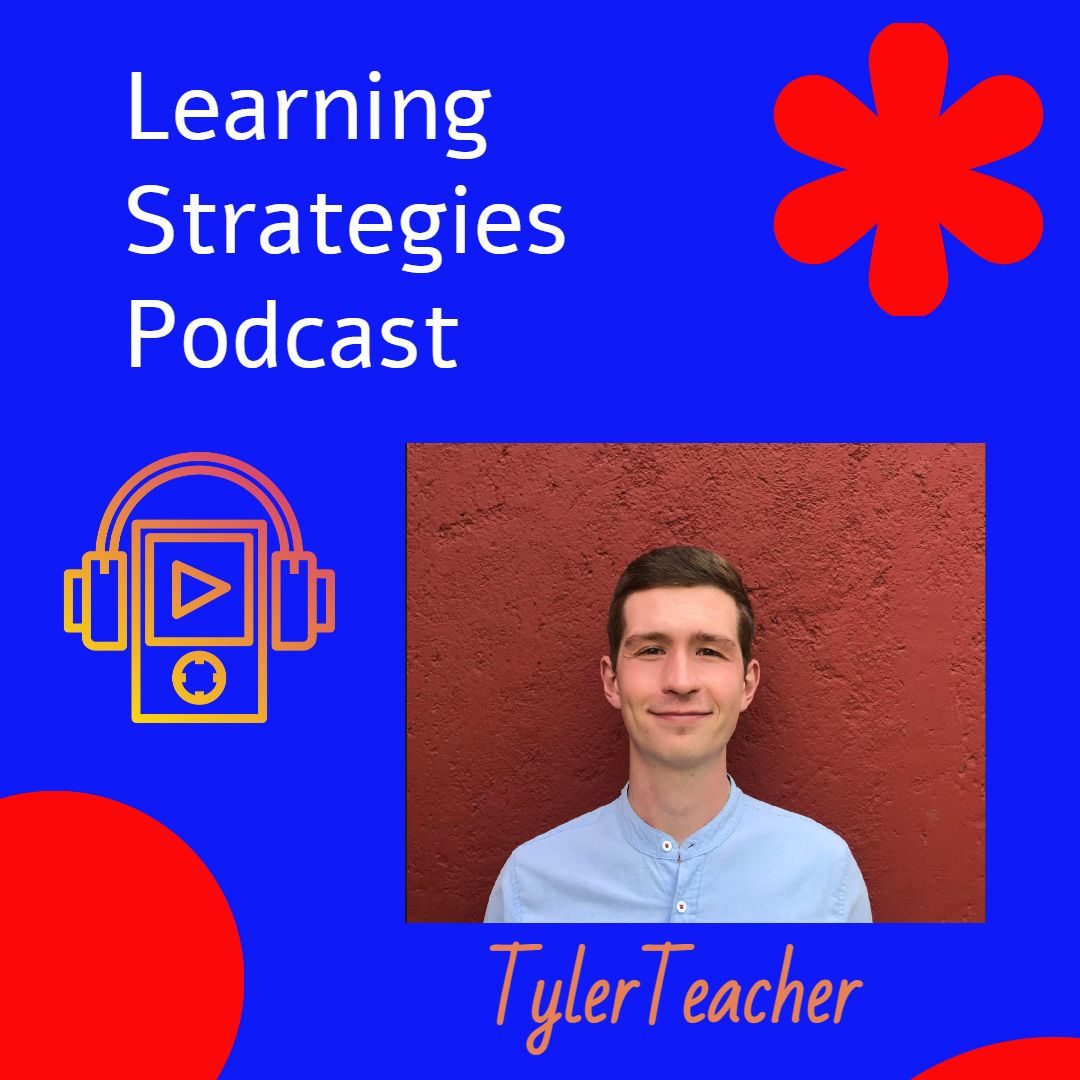
3 *Fun* Facts about Learning Languages (Episode 5)
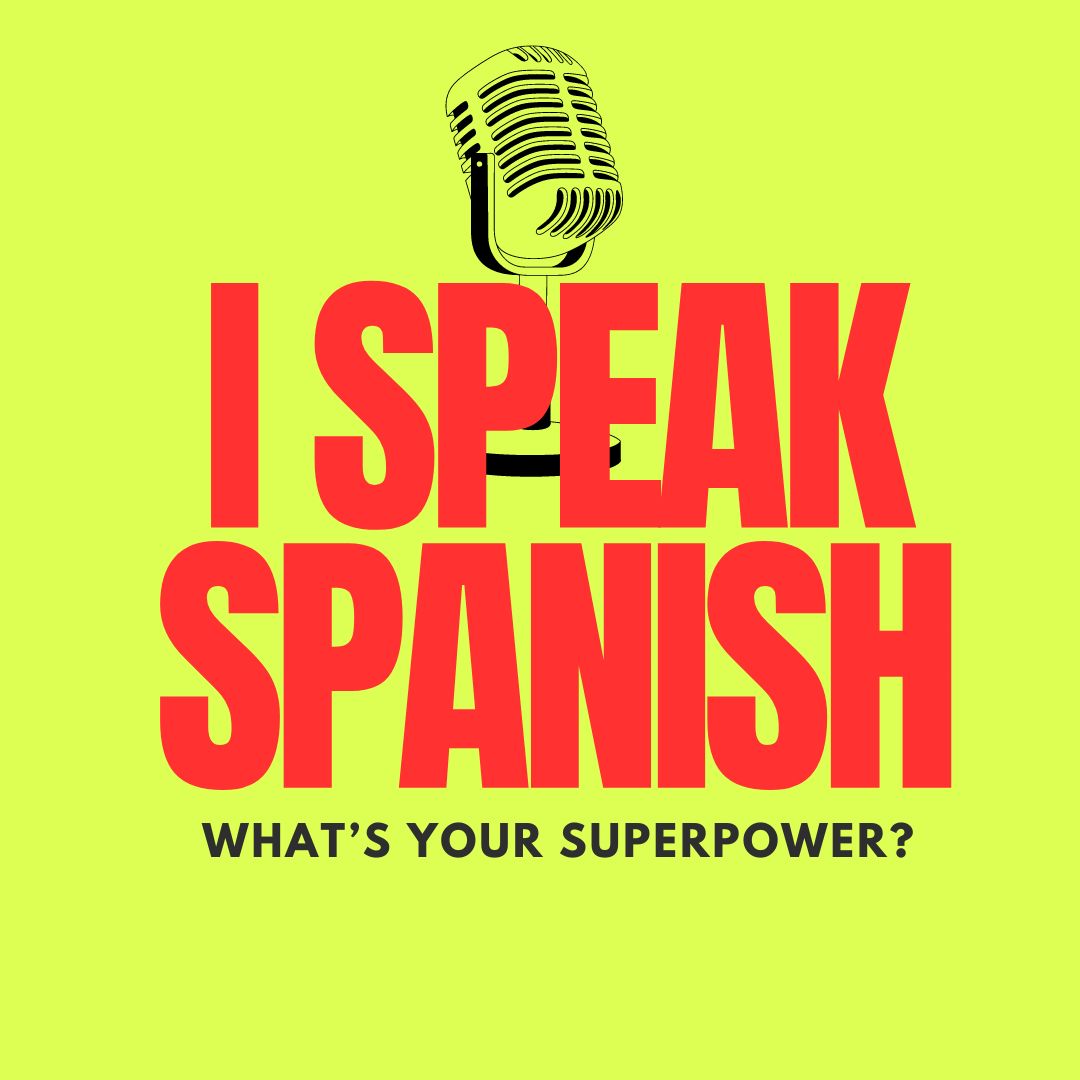
PREJUICIOS Y ESTEREOTIPOS
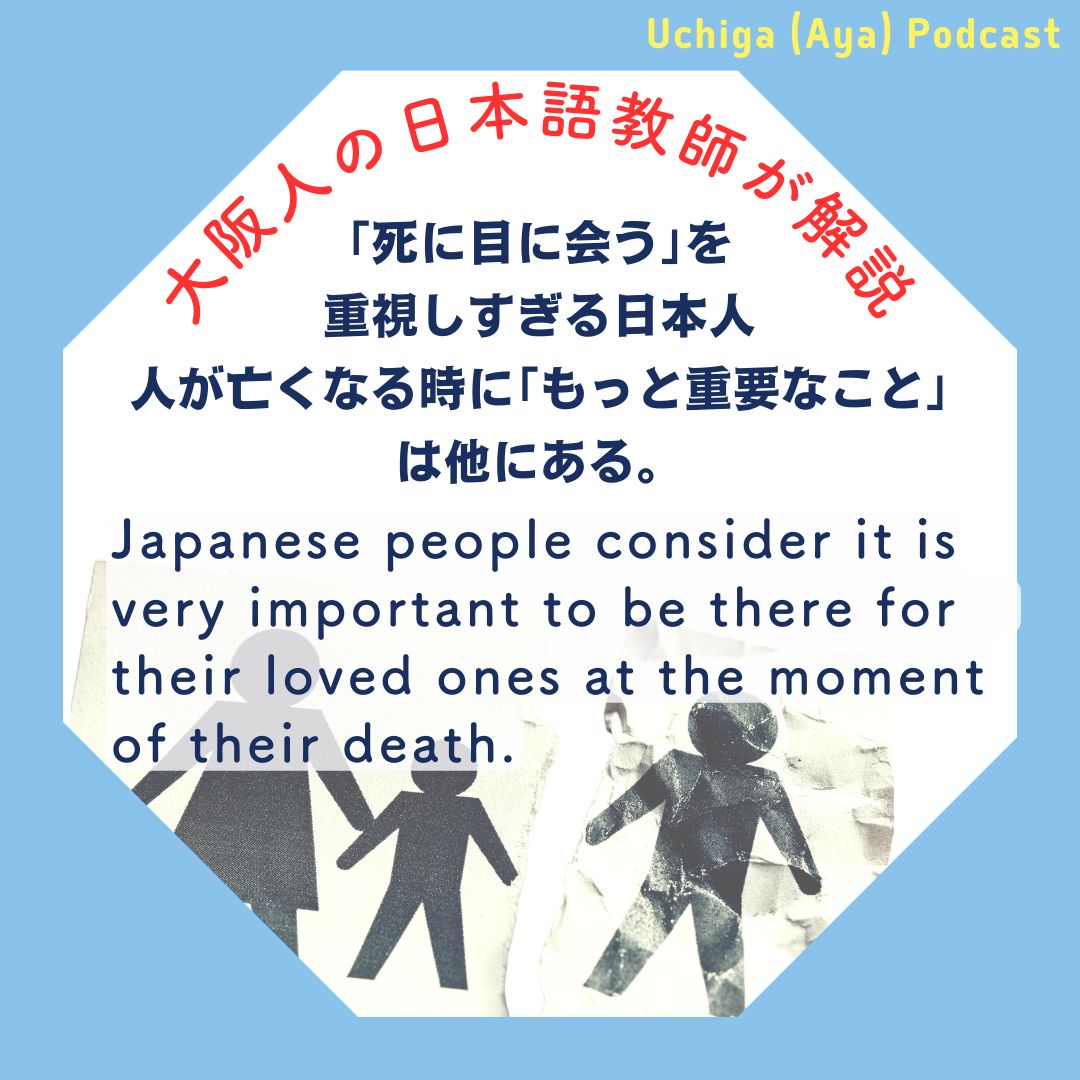
【Japanese advanced】Japanese people consider it is very important to be there for their loved ones at the moment of their death. 「死に目に会う」を重視しすぎる日本人。
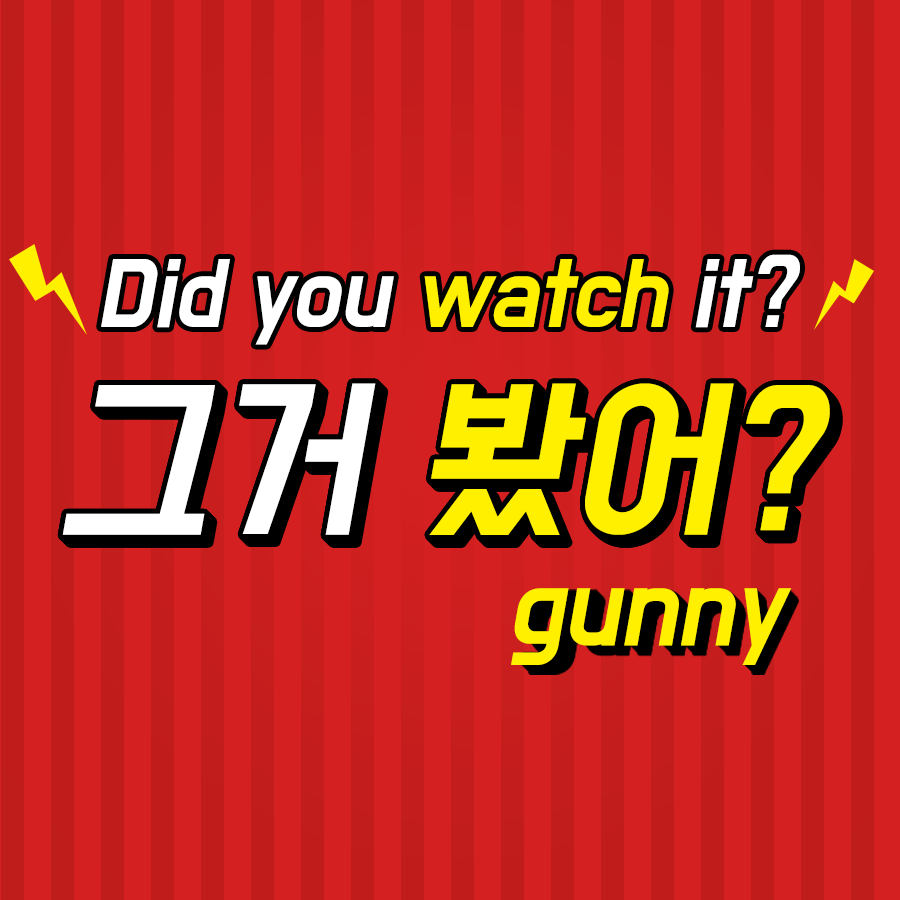
08.The Witch is coming back!(마녀가 돌아온다!)
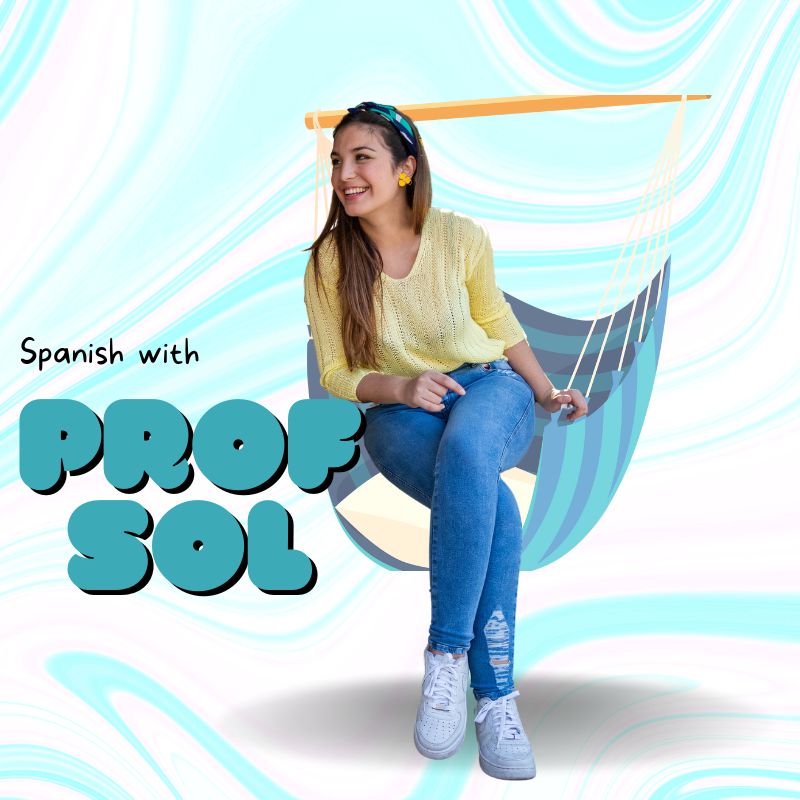
Leemos a García Márquez con Prof Sol
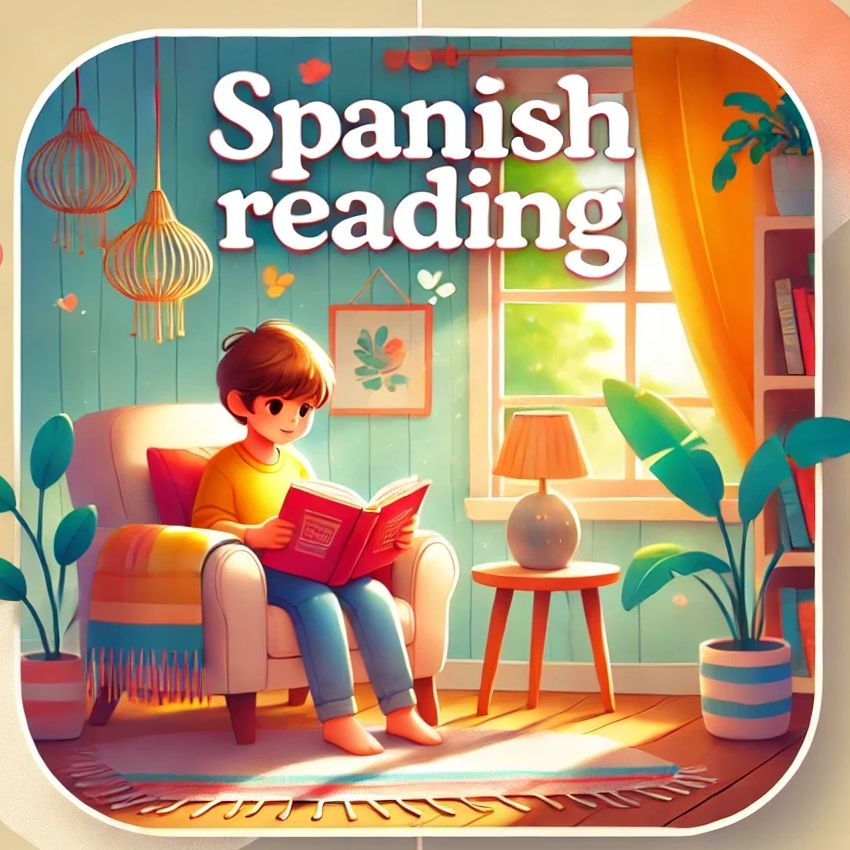
The Lost Frequency
热门播客集

EXPRESIONES en español
Expresión PONER NOMBRE

Read Rhymes With Shirley
有条“蚯蚓”真可笑

Learning Strategies for Success with Tyler Teacher
3 *Fun* Facts about Learning Languages (Episode 5)

I SPEAK SPANISH WHAT'S YOUR SUPERPOWER?
PREJUICIOS Y ESTEREOTIPOS

[Intermediate-Upper level] Interesting Japanese Not Taught In Schools About Japanese business culture, Japanese habits & Osaka
【Japanese advanced】Japanese people consider it is very important to be there for their loved ones at the moment of their death. 「死に目に会う」を重視しすぎる日本人。

그거 봤어? Did you watch it?
08.The Witch is coming back!(마녀가 돌아온다!)

Aprende con Prof Sol
Leemos a García Márquez con Prof Sol

Spanish Reading Comprehesion
The Lost Frequency